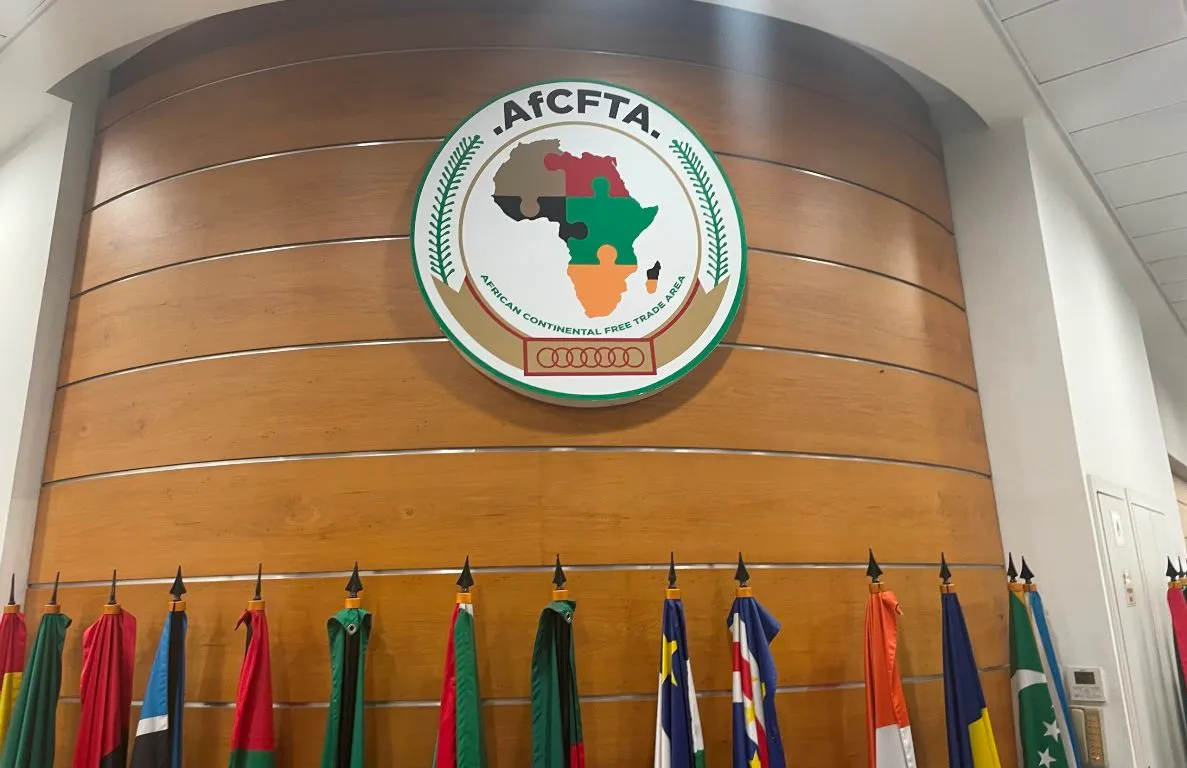The Nigerian National Petroleum Company Limited has acquired the necessary equipment to set up an additional 40 Compressed Natural Gas stations across Nigeria.
This move supports the Federal Government’s plan to establish around 100 CNG stations within the next six months.
The Programme Director and Chief Executive Officer of the Presidential Compressed Natural Gas Initiative, Oluwagbemi Michael, revealed these details during an event in Ogun State, according to The Punch.
He noted that over the past year, NNPC has successfully launched 12 CNG centers, including six in Abuja and six in Lagos.
The comments from PCNGI come in response to complaints from Nigerians regarding the limited number of CNG stations, which has hindered the adoption of CNG as an alternative fuel to petrol.
He emphasized that the government is actively pursuing an infrastructure development program and is collaborating with the Midstream and Downstream Gas Infrastructure Fund to enhance the availability of CNG stations across the country.
“Two weeks ago, about N122bn was released to six private organisations that are investing in the CNG distribution value chain. So, we are already taking steps in this direction to ensure that, all over the country, we will be able to have sufficient CNG distribution infrastructure.
“Of course, infrastructure takes time. There is a need for planning in terms of design. There’s a need for acquisition in terms of procurement, and of course, there will now be installation, permitting, and all of that stuff. But it’s ongoing.
“NNPC itself, in the last six months, has installed 12 new stations – six in Abuja and six ongoing right now in Lagos. We know that they have already acquired an additional 40 equipment for 40 different sites across Nigeria,” he expounded.
Oluwagbemi also noted that other private companies are investing in the development of CNG infrastructure, which is expected to further boost the availability and adoption of CNG as an alternative fuel in Nigeria.
“Bovas is doing eight. NIPCO is doing an additional 12 to the 10 they are already doing. We also know certainly that companies like Matrix, MRS, all are investing in the sector right now. But of course, investment takes time.
“When we started this programme this time last year, we had about 13 to 20 refuelling stations nationwide. Today, we have 50. I believe in the next six months that 50 should double. So it’s a consistent engagement, continuous engagement, and ensuring that investors see the opportunity,” he mentioned.
He highlighted that by distributing one million CNG conversion kits to commercial drivers, the Federal Government aims to generate up to 1.5 million additional CNG demands nationwide. This initiative will also provide credit options for individuals looking to convert their vehicles, which he believes will attract further investment in the sector.
“That means that when investors see the opportunity, they will invest their money in it. So, it’s something that is going on – investment promotion, infrastructural development, investing the government money directly promoting the adoption of CNG. All of this is what’s going to drive the kind of infrastructure development that enables distribution of CNG nationwide,” he stated.
When asked if existing filling stations could be upgraded to CNG refilling stations, he affirmed that this is indeed possible.
“Absolutely, we already see some add-ons. The NNPC is working on 40 add-ons which should be up and running sometime next year. So, yes, add-ons are possible. We are working with the Nigerian Midstream and Downstream Regulatory Authority to ensure that the permitting system for add-ons is fast-tracked again.
“There are engineering issues that you have a reality of; you must do your planning, you must do your design, you must do your procurement, you must do your construction, And these are being known by the private sector. The government is not the owner of the stations. This has to be done.
“The private sector must see the opportunity and then they must invest. And that’s what they are doing. And what we are doing is to create the opportunity by ensuring we do more conversions, by ensuring we are investing and enabling more, not just conversion stations, but also more cars to be converted,” he added.
In response to concerns that many car owners may want the government to convert their petrol-powered vehicles to CNG due to costs, he explained that a credit scheme has been established. This program allows individuals to convert their vehicles and repay the costs over time.
The Chief Executive of the NMDPRA, Farouk Ahmed, recently expressed concerns that only 50 CNG stations are available to serve Nigeria’s 200 million population.
In response, the PCNGI director assured Nigerians that CNG would be made accessible to all regions of the country, emphasizing that it is both safer and more cost-effective.











